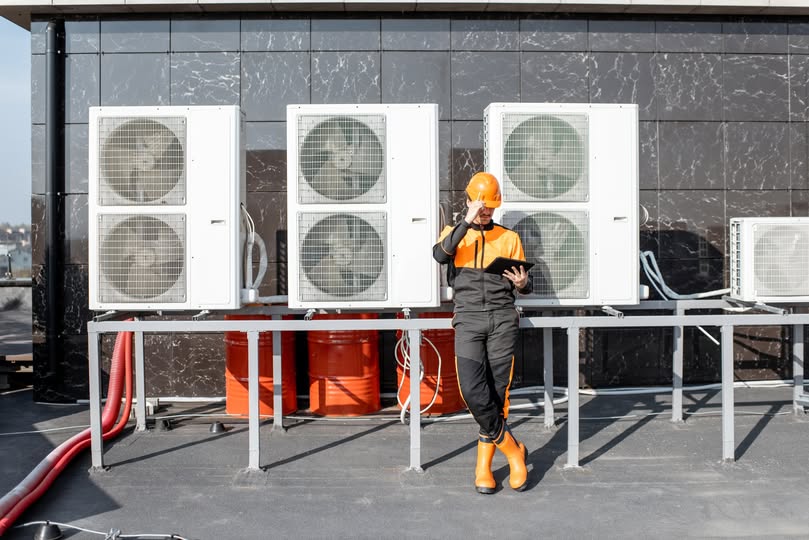In the modern workplace, the battle over the thermostat is a common saga, with employees vying for control over the temperature. What may seem like a trivial issue actually has a profound impact on office harmony and productivity. A-Plus Quality, with its professional and highly skilled team, delves into the science behind thermostat wars and how finding the ideal temperature is crucial for fostering a harmonious work environment.
The American Society of Heating, Refrigerating, and Air Conditioning Engineers (ASHRAE) suggests that the optimal temperature for office spaces falls within the range of 73 to 79 degrees Fahrenheit (23 to 26 degrees Celsius). However, individual preferences and factors like clothing, metabolic rates, and humidity can complicate matters.
A-Plus Quality recognizes that achieving the right balance is a challenge. Their HVAC experts can help businesses navigate these complexities by providing tailored solutions. Implementing zone control systems, for instance, allows different areas of the office to have customized temperature settings, appeasing both the warmth seekers and the cool enthusiasts.
Moreover, the impact of temperature on productivity cannot be understated. Studies have shown that a comfortable working environment can enhance cognitive performance and overall job satisfaction. A-Plus Quality's HVAC services extend beyond mere temperature control; they ensure that your system is efficient and well-maintained, contributing to a conducive workplace atmosphere.
In conclusion, the science behind thermostat wars is more than just a matter of personal comfort. It directly influences office harmony and productivity. A-Plus Quality's professional team is committed to helping businesses find the optimal temperature balance, creating a workplace where everyone can thrive.



